Spring is bursting into the valley with vigor, bringing rolling green pasture, rustling wildlife and an increase in the amount of projects for Gareth Plank.
Despite the increase of work to prepare for the upcoming season, Gareth and his family of Scott River Ranch in Etna, California stay true to their philosophy of practicing sustainable ranching and land management practices to promote biodiversity in the valley. And it all starts on the 4,000 acres ranch the Planks call home.
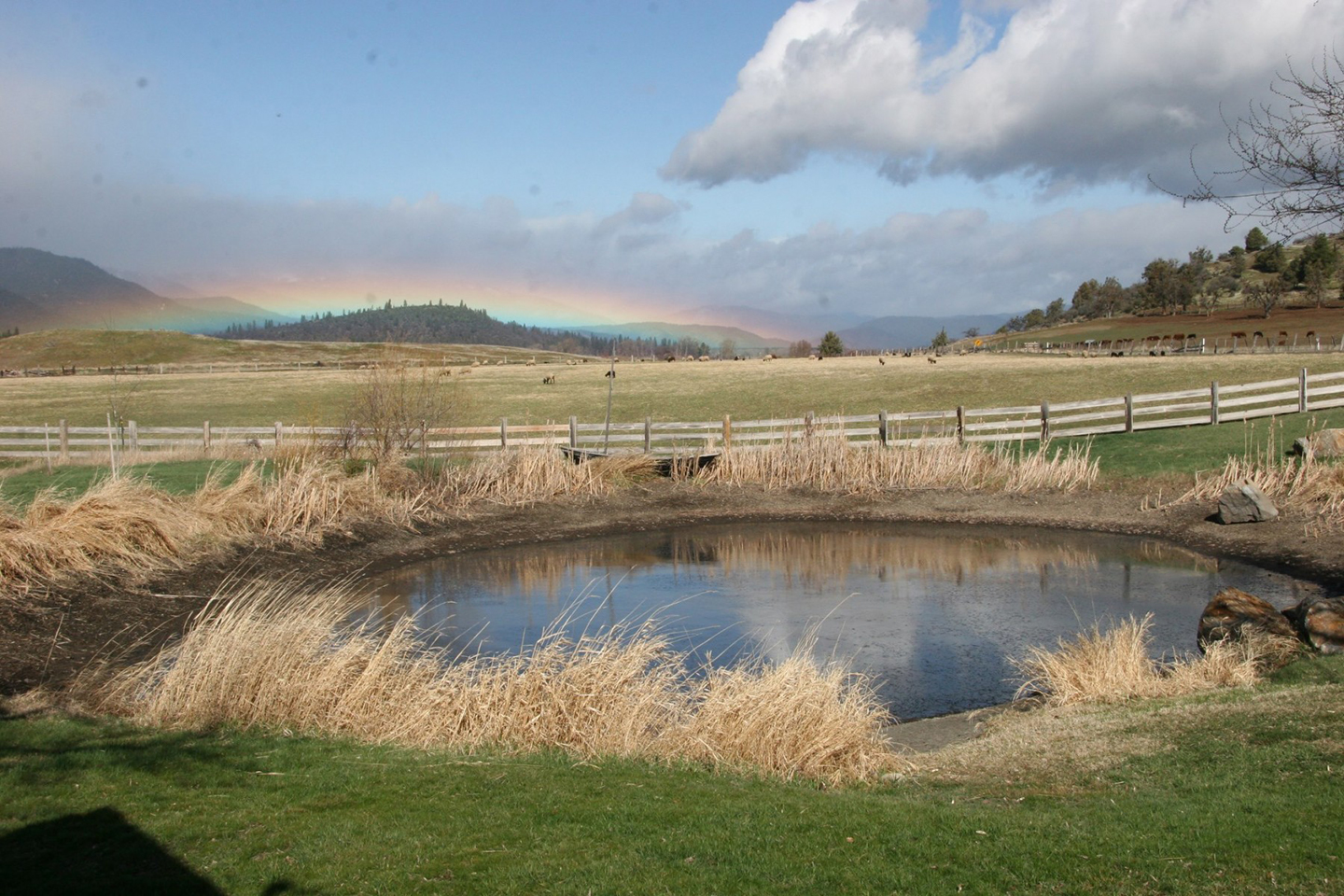
“One of the joys of a cattle ranch is not being a monoculture; we can produce wonderful healthful beef for our family, your family and our customers, and have abundant forage and additional acreage available for the wildlife on the ranch,” says Gareth.
A sustainable approach
Gareth and his family do things differently at Scott River Ranch.
Ten years ago the Plank family decided to start the transition over to organic. As with any new endeavor, the learning curve was steep and upshots were not immediate. But through perseverance and a fair amount of trial and error, Gareth and his family were able to see their efforts turn into real results.
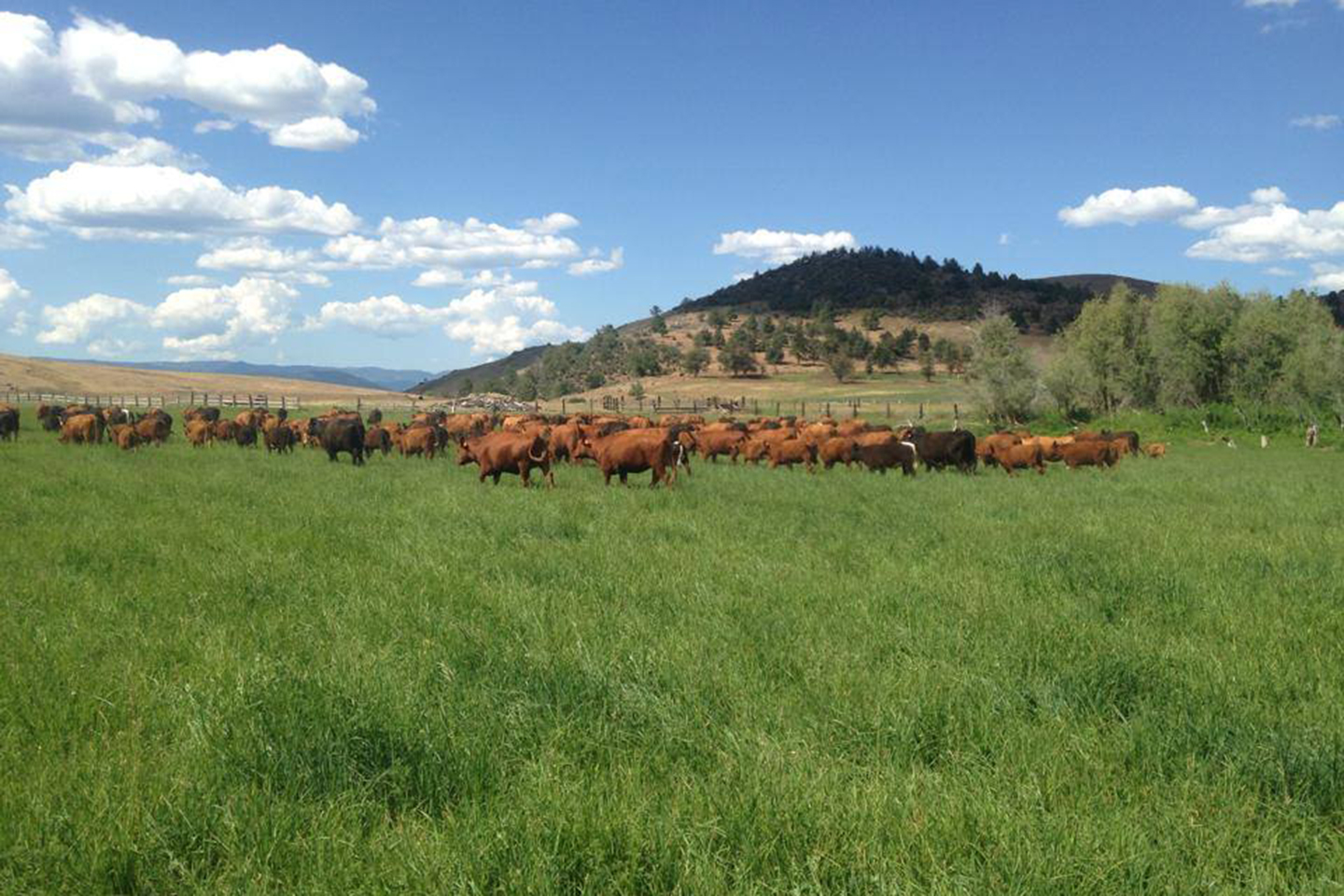
“You know your doing the right thing but you don’t see the results right away,” says Gareth. “Then, all of a sudden you’re seeing the results. The rewards are huge – water consumption drops significantly as you build organic matter in the soil. The health of the animals improves so you can look back on the five years and know this was the right choice.”
Gareth and his family understand the effects of environmental stress on animals. For the past 10 years, Scott River Ranch has been committed to sustainable and organic management practices for the landscape, cattle and wildlife. The ranch is certified organic by Oregon Tilth, grass-fed certified by the American Grass Fed Association, and certified Animal Welfare Approved. “It’s just a better way to raise food for a healthier family and a healthier planet. It’s the way food is intended to be produced,” says Gareth.
Working with nature
Scott River Ranch strives to create a system that works with nature, promoting biodiversity and sustainability for their cattle and surrounding wildlife. Because of their unique location and elevation profile – Etna, California is at 3,000 feet above sea level – the ranch produces excellent pasture for their grass fed animals. The prime grassland not only enhances the flavor profile and texture of the beef, but also provides a higher quality of life for the animal – as nature intended.
“The higher elevation means you have a hardier, more dynamic grass that means a hardier animal,” says Gareth. “What’s in the soil, what’s in the air, what’s in the water, manifests itself into the grasses and into the beef we provide.”
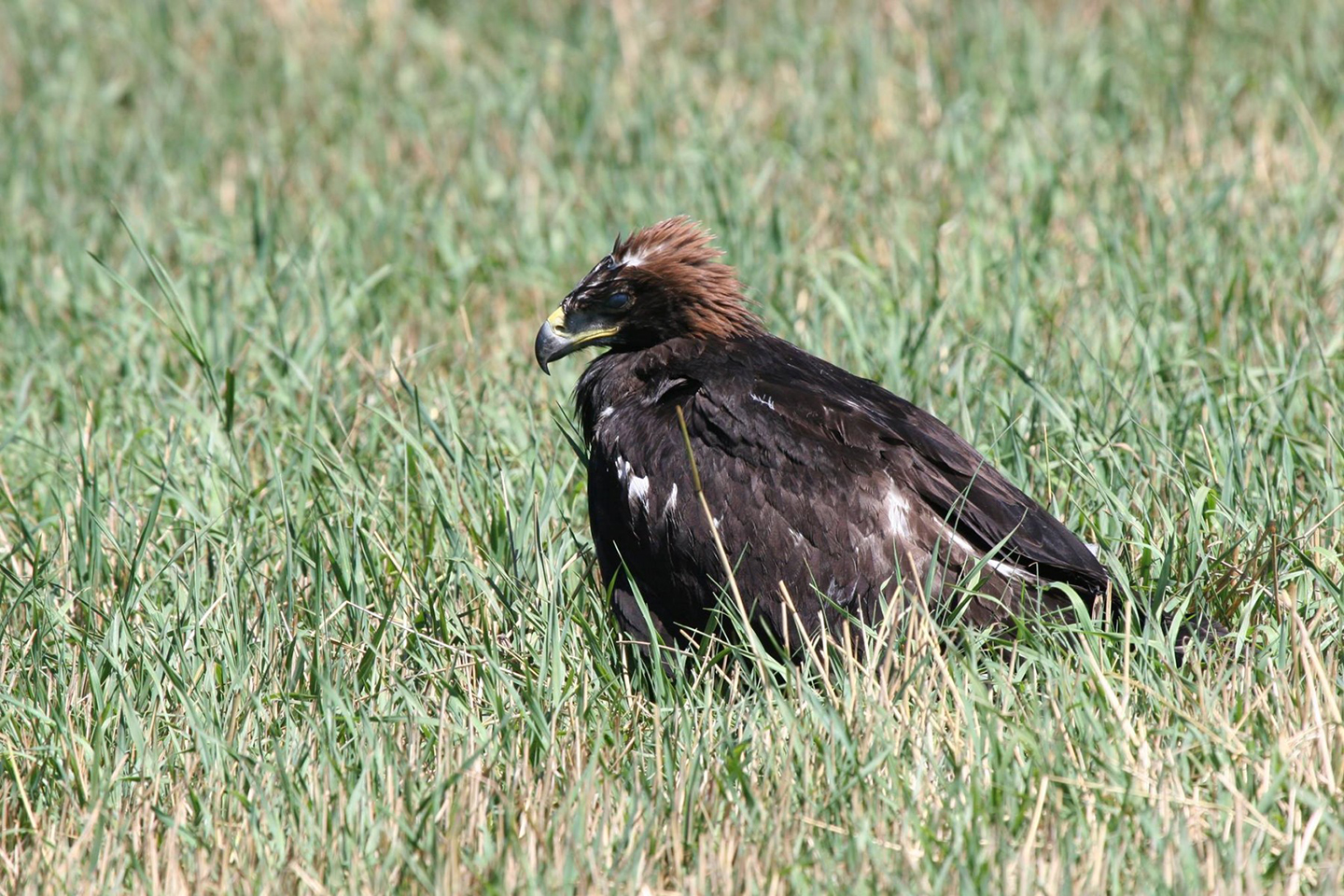
Gareth and family continue to forge partnerships with organizations in order to help promote biodiversity in the nearby streams and rivers. The ranch is one of the largest Salmon Safe Certified properties, with over 76,000 Coho and 25,000 Chinook smolts inhabiting the ranch’s watersheds, more than 22 percent more Coho salmon recorded during the survey than in neighboring areas. The family works to create an ideal and sustainable habitat for current and future species, building a continuing legacy for wildlife.
“That is our hope. All of that comes through our partnerships with other agencies and organizations to help build wildlife corridors, protect salmon connection ponds and to make sure any water that infiltrates back into the Scott River is cooler and cleaner than when it left the ranch.”
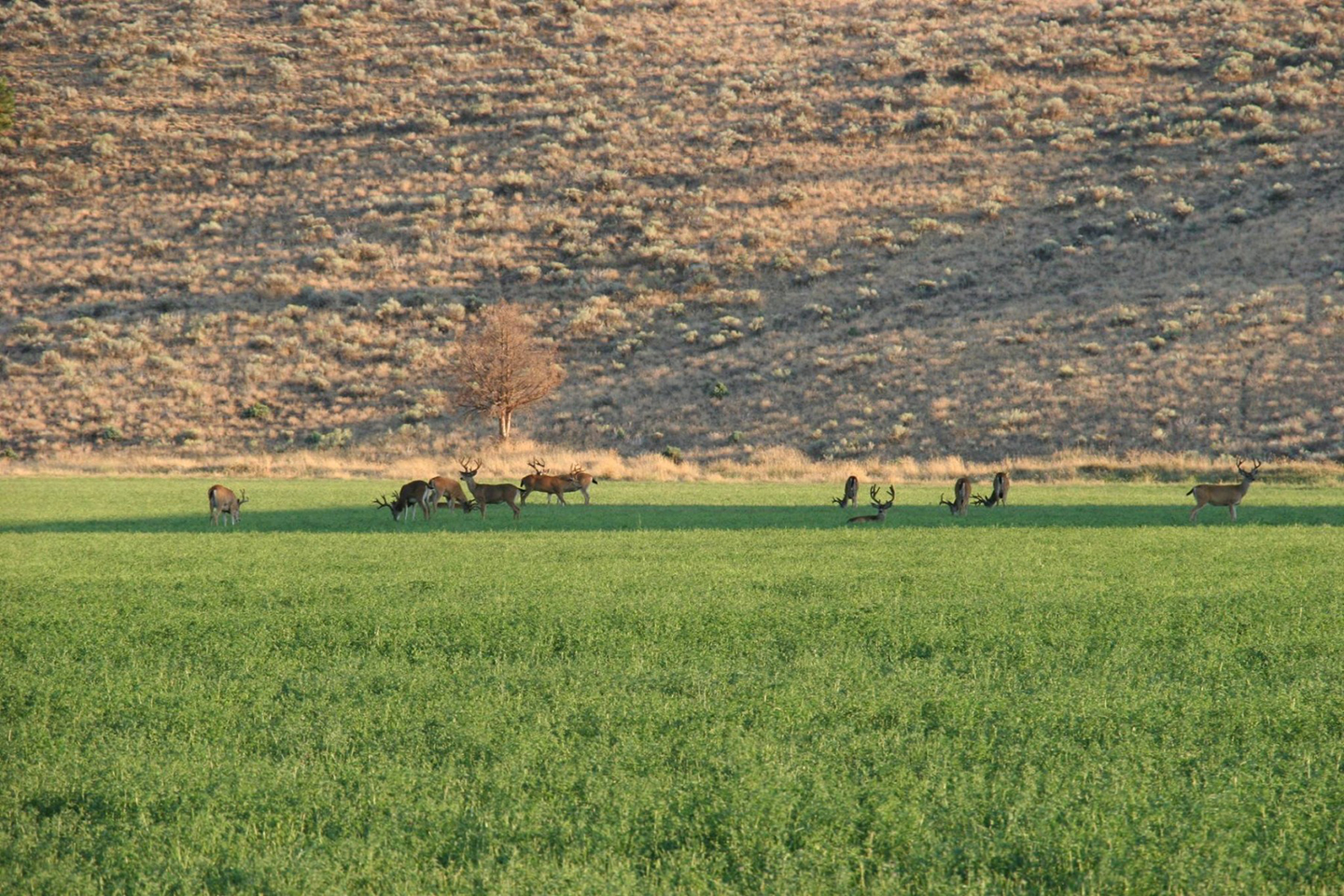
Connecting food to a sense of place
There is a strong sense of place at the Scott River Ranch, where the special characteristics of the land are expressed within each agricultural product.
“People are demanding flavor variation and healthfulness in their food – a regional texture that makes the food dynamic,” says Gareth.
This is something Gareth hopes to share with surrounding communities by hosting events on the ranch. He wishes to connect directly with his customers and provide a better understanding of where their food is coming from.
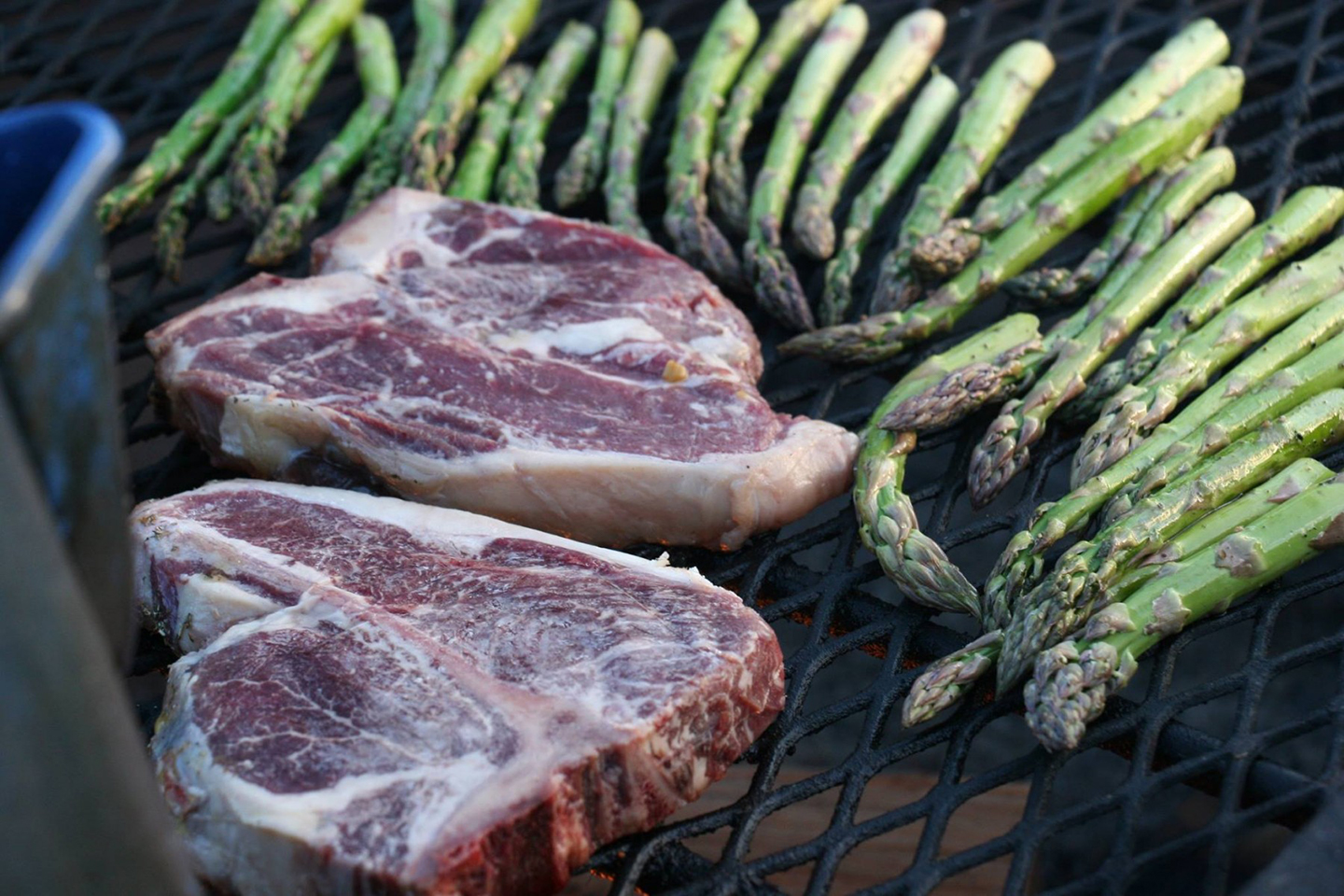
“People are seeing health issues and degradation of land and they don’t want to be a part of that,” says Gareth. “The opportunity is for individual farmers to be able to really share how they grow their food, how they raise their stock and have a working relationship with the customer.”
Despite the endless hours of work on the ranch, Gareth and his family believe it is their responsibility to provide people with the healthiest beef possible by farming and ranching in a way that respects their animals and preserves their land for generations to come.



















